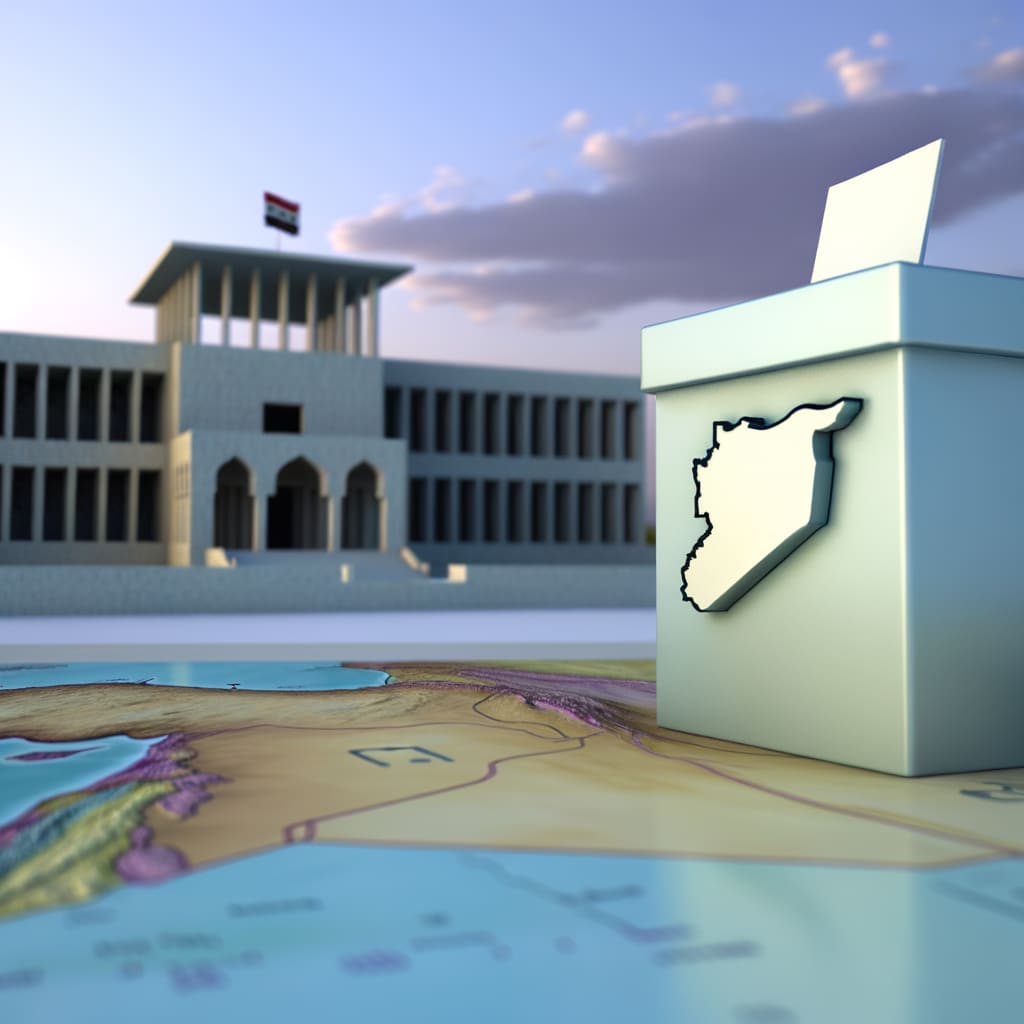Syria Selects Members of First Post-Assad Parliament Amid International Scrutiny
Syria is holding its first parliamentary elections since the ouster of long-time ruler Bashar al-Assad, with a new assembly being selected in a process that has attracted international criticism as undemocratic. The 210-member body will be determined through a combination of appointments by interim President Ahmed al-Sharaa and selections by local committees, a process that is poised to consolidate al-Sharaa's power.
Background and Context
After more than a decade of civil war and the fall of al-Assad's regime, Syria's move towards democratic polls is a significant milestone. However, the process of selecting the transitional parliament has raised concerns over its democratic legitimacy. Interim leader Ahmed al-Sharaa will directly appoint one-third of the legislators while the rest will be chosen by electoral colleges or local committees, according to reports from Al Jazeera English and The Times of Israel.
Criticism of the electoral process has centered on its exclusion of certain areas, with the vote not taking place in the Druze-majority Sweida province or Kurdish-held northeastern regions, as noted by the Middle East Eye and RT (Russia Today).
Key Developments
The Central Electoral Commission of the Syrian Arab Republic oversaw the selection process, which drew participation from between 7,000 and 8,000 electors, according to RT. More than 1,500 candidates, including over 200 women, vied for a spot in the assembly, set to have a renewable 30-month mandate.
RT reports that the final list of names will be announced soon, with 140 members selected by electoral subcommittees and the remaining 70 appointed by al-Sharaa.
Implications and Reactions
The formation of the assembly is expected to consolidate the power of Sharaa, who led the Islamist forces in a coalition that toppled al-Assad in December after more than 13 years of civil war and five decades of one-family rule, as reported by the South China Morning Post and The Guardian.
Al Jazeera English quoted an anonymous source stating, What Syrians hope is that this is a part of the transition, part of the pathway that we need to go through...
. This sentiment reflects a cautious optimism for the country's future, despite criticism of the election process.
Current Status
Despite controversies surrounding the selection process, the interim government and its supporters view the election as a historic moment
in Syria's transition. However, the legitimacy of this milestone remains under debate as international observers continue to scrutinize the country's steps towards democracy.
As Syria attempts to navigate the post-Assad political landscape, the world watches closely, underscoring the critical importance of these first tentative steps towards a new democratic epoch.

